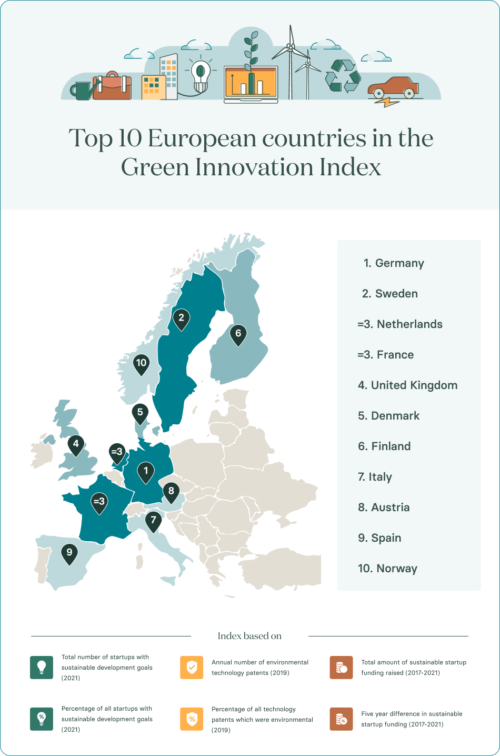by Heena Shah
As the news of climate change related devastation proliferates into all aspects of our lives. All people from all ethnicities, education backgrounds, and economic realities have come to realize that climate change is a global issue that affects all of us. Now on to figure out how to make any sort of difference.
As consumers, the people actually flowing money into the economy, we make decisions every day. Decide to drive our car to work rather than join a carpool or take public transit. Buy makeup and hygiene products that are well marketed from brands we’ve used for years without understanding where they source their ingredients or taking a second look at their hard plastic packaging. We buy cheaper clothes that look nice but will only last one season. And in doing so, we have so much autonomy, without even realizing it, on what products end up on the market.
Your choices will do impact
The choices you make from what products you put in your body, what chemicals you use to clean your home, what clothing brands you choose to consistently buy from. This may not seem like a big deal, but multiplied by the billions of customers on this planet can truly make such an impact.
It is so easy to demonize major corporations for malpractice, governments for turning a blind eye. Or consumers for not having the foresight to do better research. But what do you do in a society where the backbone of marketing and capitalism, the system by which most current governmental economies run, are structured to throw you off the scent of Greenwashing or ethical malpractice?
Greenwashing
Greenwashing is a misrepresentation of a company in regards to a specific product, service, or core value, that falsely presents an image of environmental consciousness. This can take any form.
Examples are the colors and font used to make a certain product look raw and naturally based. But notice whether or not it’s still in an oil-based plastic bottle or take a look at the ingredients list to see if there are actually any added. Or maybe in an ad campaign that shows ‘makeup free’ models with animals or children playing in wildlife. Or it could be in the basic language used to market the product, indicator words like “sustainably” or “ethically” or “naturally” can mean so many different things.
Brands that actually actively execute ESG in their supply chain will boast, “vegan”, “cruelty free”, “fair trade” to show the customer the depth of their commitment to environmental stewardship. However, all these labels should be seen with a critical eye. Take a second, if this topic interests you as a consumer, to look up the logos and language used to market a product. Most brands and corporations output annual reports and sustainability reports in their website that elaborate on the practices that occur on and offsite. While the language may not be absolutely clear, it is the brands that truly exercise environmental stewardship and responsibility that have nothing to hide. That will make it easy for the layman to understand their supply chain.




